There are many different designs of hydraulic control valves, including check, cartridge, directional, relief, safety, shut off and solenoid valves. Hydraulic control valves come in a variety of sizes and pressure ratings. Read More…
Since 1912, Fulflo Specialties has been providing "chatter free" products that modulate to regulate pressure. The company is able to provide customers with an extensive line of parts, which can mount in any position.
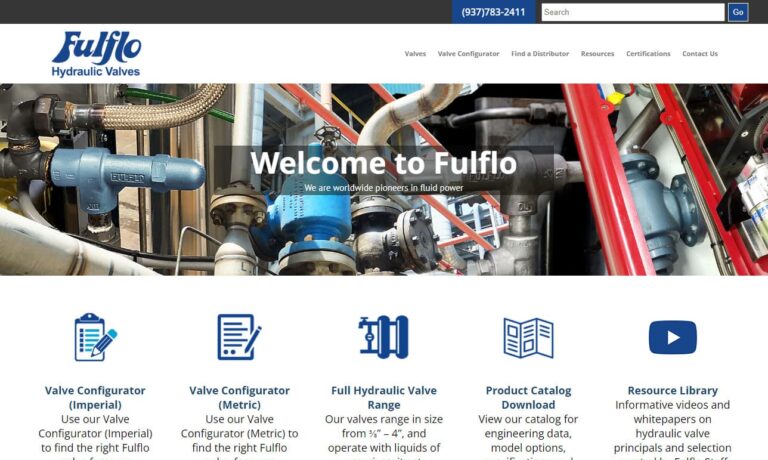
Bermad has been a world wide leader in the manufacturing of high quality hydraulic control valves for 45 years. Bermad’s products are prevalent in the irrigation, water works, and fire protection industries. Bermad is committed to the environment as it maximizes water use efficiency and is constantly upgrading manufacturing methods. Bermad has subsidiaries in Australia, Brazil, China, and Italy.

Doering manufactures valve and pump products for fluid power applications. Our valves include hydraulic flow control valves, gas valves, stainless steel hydraulic valves, hydraulic pressure control valves, hydraulic poppet valves and hydraulic spool valves. Download our product catalog from our site.
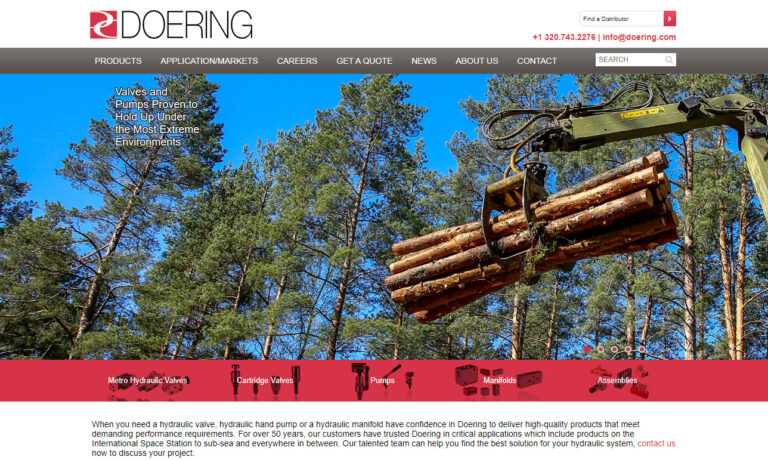
Since 1983, HUSCO International has been a global leader in providing the major international markets with manufactured components. Among our products are a variety of hydraulic control valves and flow rates. Target applications include construction, material handling, agricultural tractors and other general applications as well. ISO 9001:2008 certified.

More Hydraulic Control Valve Manufacturers
In an open position, hydraulic valves permit the flow of fluid; when in a closed position, they prevent flow. Hydraulic control valves are used to prevent improper levels of pressure and fluid in hydraulic systems. The basic mechanics of all hydraulic control valves essentially remains the same; each is usually cylindrical and occasionally contained in a small square-shaped house, placed at the mouth of a pipe or on the head of a pump and contains a seat in the opening that cradles the plunger that may be a variety of shapes and sizes.
These various styles are mass produced in general cavity sizes, as well as being specially designed for certain out of the ordinary applications. The size of a hydraulic valve may vary from a fraction of a millimeter to three or four meters long. Whatever size, they are able to control the flow of liquid, whether it is thick like oil or thin like water. Some valves simply shut off flow when flow rates get too high, while others transmit signals to other valves in order to provide a systematic balance of flow.
A wide range of styles crowds the hydraulic valve market, giving buyers plenty of specialized options. The hydraulic solenoid valve has a coil that is electrically activated when the flow of liquid changes in intensity, which then sends a signal to the plunger to cut off or release the flow. Proportional valves do a similar thing, by having an electric current alert the plunges when to stop or release, but is additionally able to control the output flow even while taking in more input flow.
For this reason, the hydraulic proportional valves, which are a major subcategory of control valves, are becoming more popular then solenoid valves on the market today. Another popular one in complex liquid systems is the directional control valve, which will direct the fluid to specific areas. Machines and devices that run on hydraulic power use hydraulic control valves. These valves are used in conjunction with hydraulic cylinders, pumps and motors. They are commonly found in those vehicles manufactured by the automotive, aviation, and construction industries.

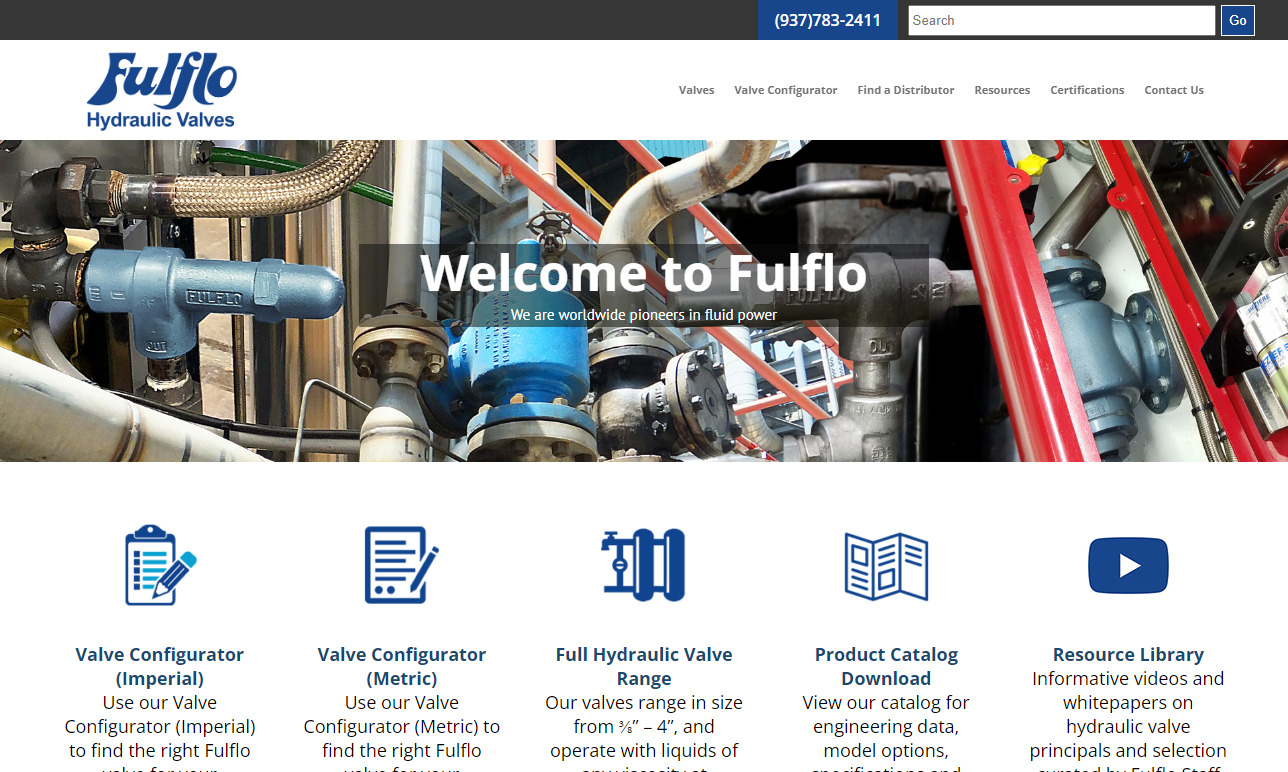

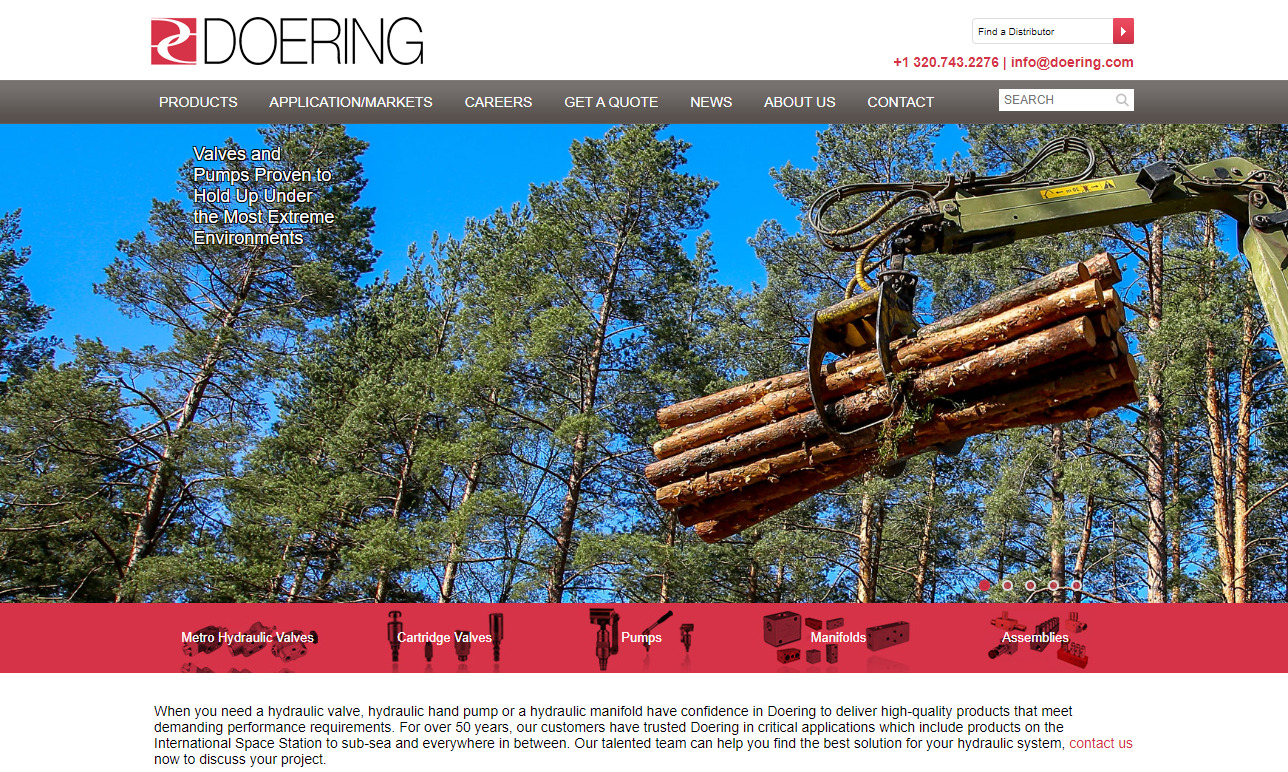

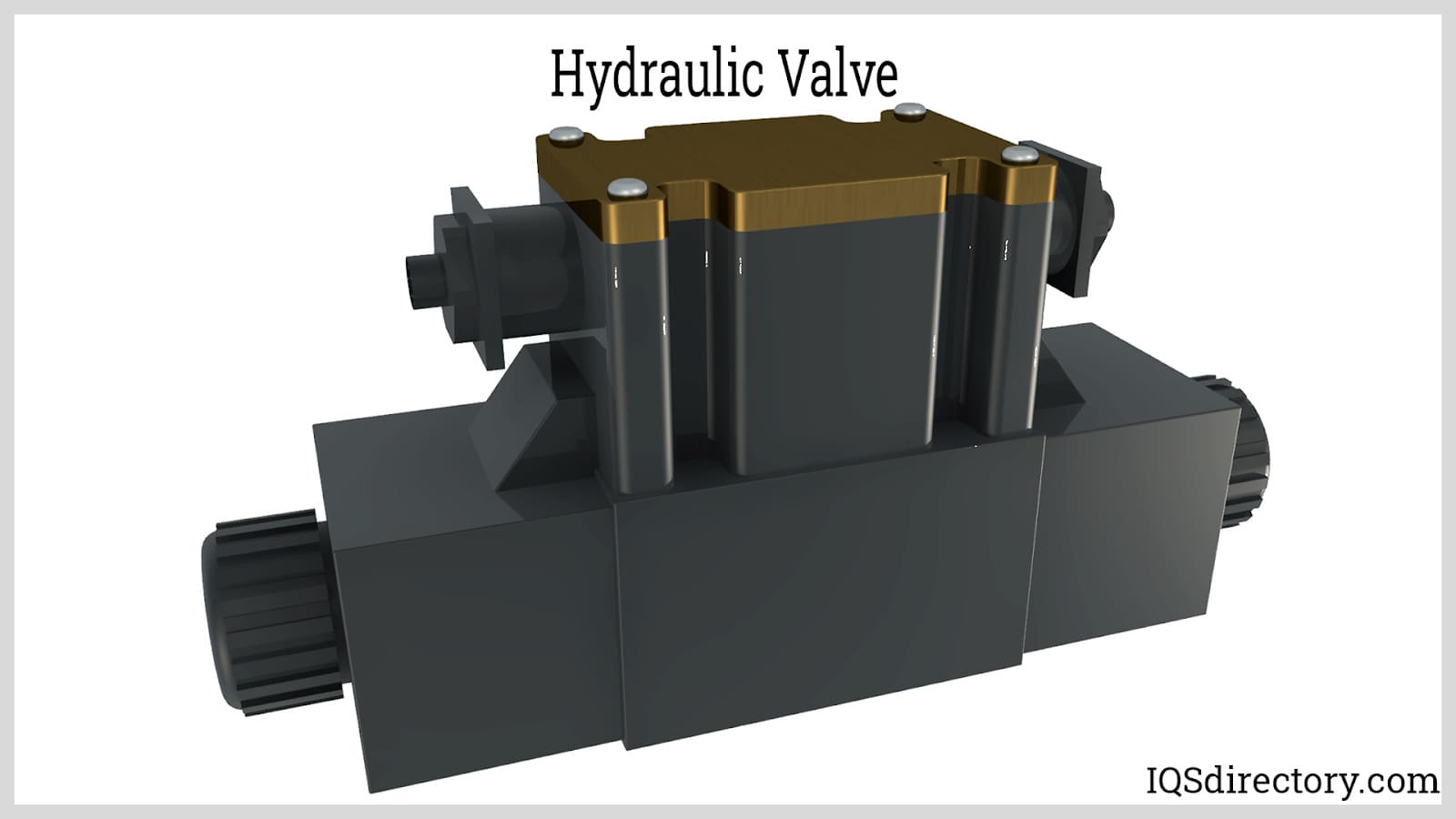
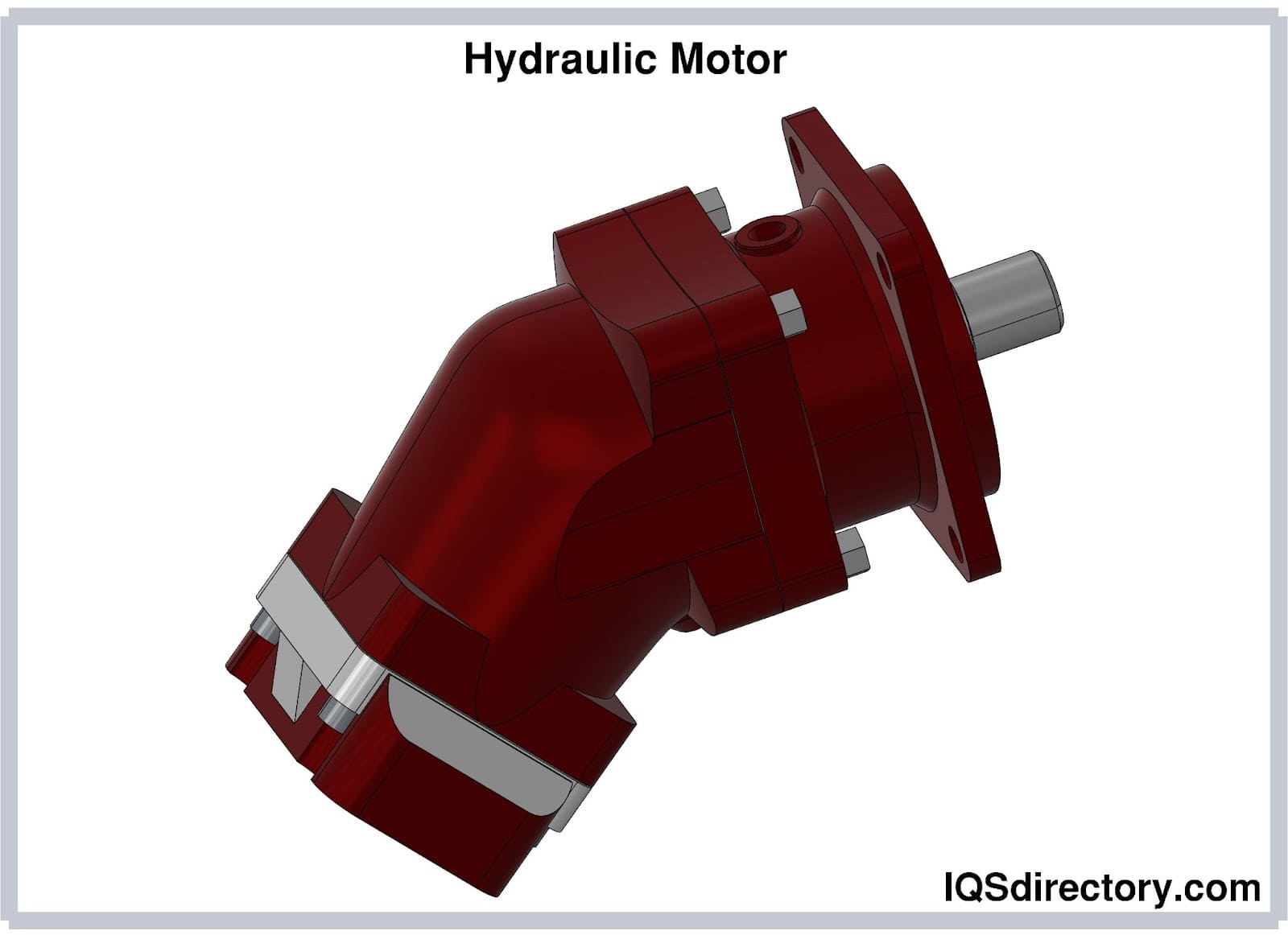
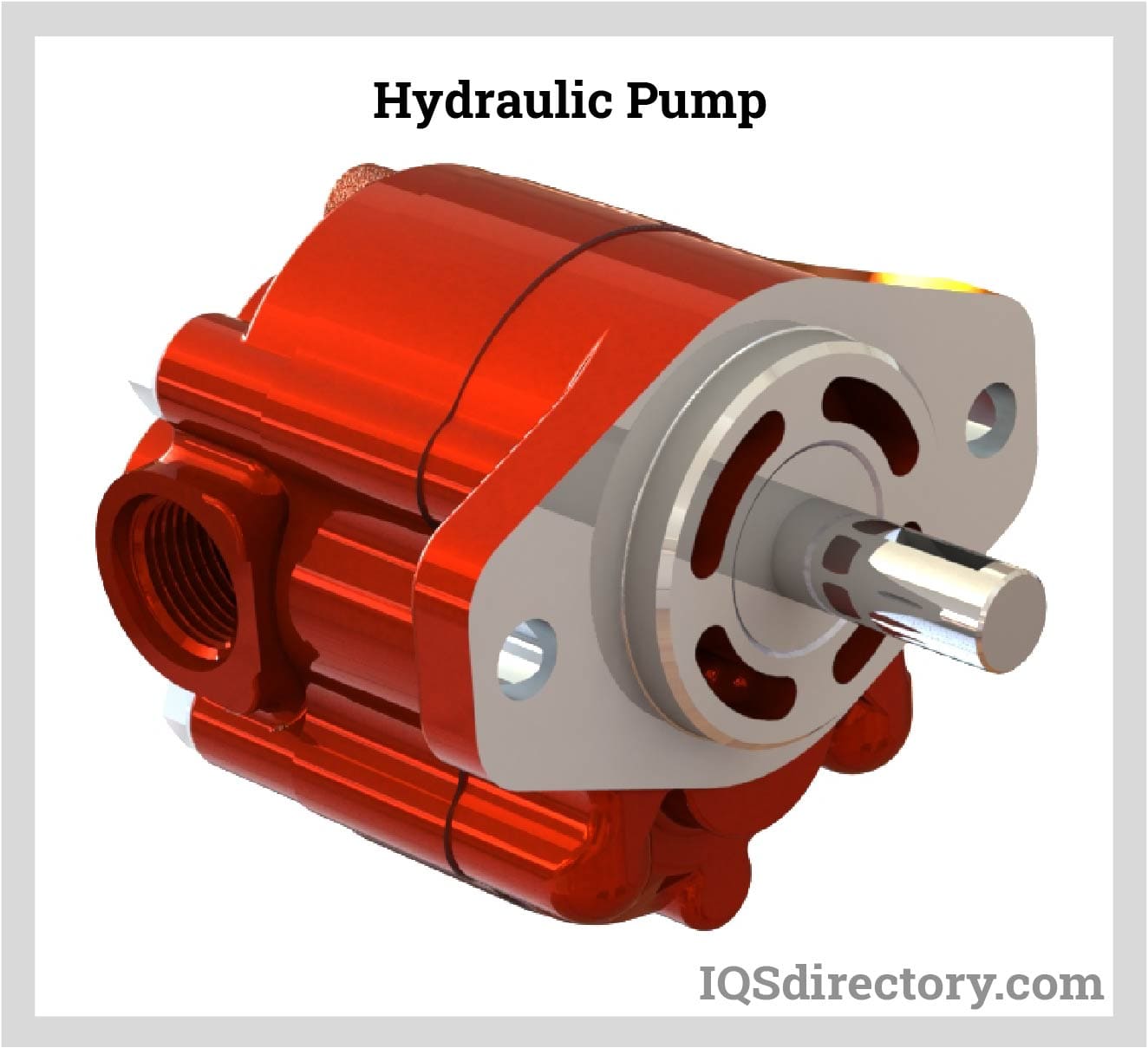
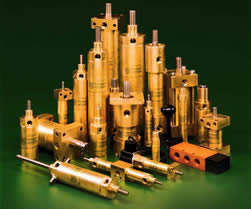 Hydraulic Cylinders
Hydraulic Cylinders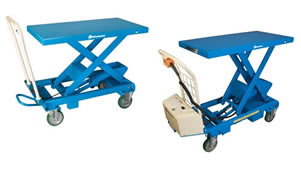 Hydraulic Lifts
Hydraulic Lifts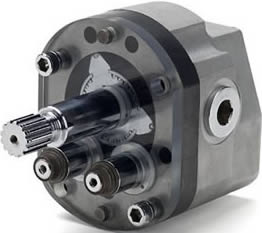 Hydraulic Motors
Hydraulic Motors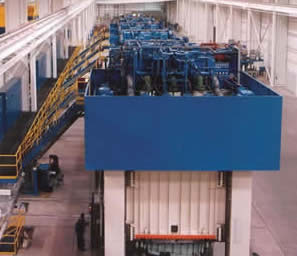 Hydraulic Presses
Hydraulic Presses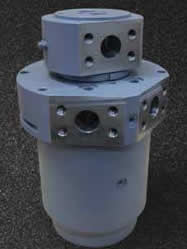 Hydraulic Pumps
Hydraulic Pumps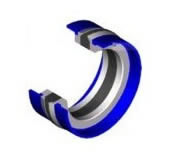 Hydraulic Seals
Hydraulic Seals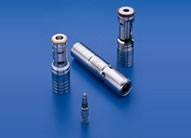 Hydraulic Valves
Hydraulic Valves Castings & Forgings
Castings & Forgings Bulk Material Handling
Bulk Material Handling Electrical & Electronic Components
Electrical & Electronic Components Flow Instrumentation
Flow Instrumentation Hardware
Hardware Material Handling Equipment
Material Handling Equipment Metal Cutting Services
Metal Cutting Services Metal Forming Services
Metal Forming Services Metal Suppliers
Metal Suppliers Motion Control Products
Motion Control Products Plant & Facility Equipment
Plant & Facility Equipment Plant & Facility Supplies
Plant & Facility Supplies Plastic Molding Processes
Plastic Molding Processes Pumps & Valves
Pumps & Valves Recycling Equipment
Recycling Equipment Rubber Products & Services
Rubber Products & Services